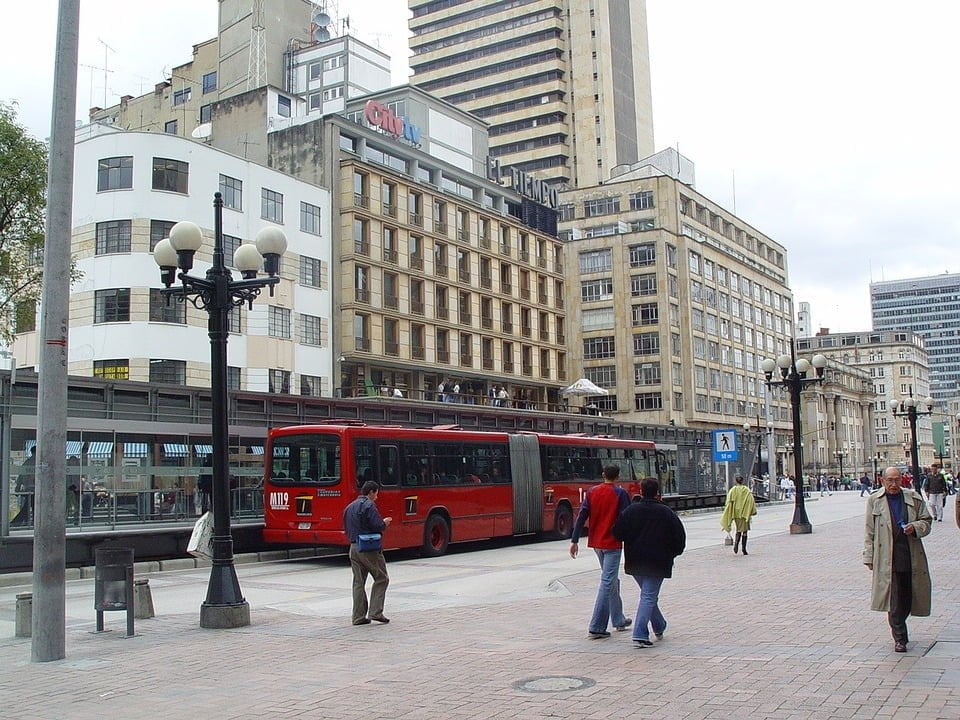WRI: Safer, More Sustainable Transport in a Post-COVID-19 World
"The COVID-19 crisis has shown that effective public transport is vital to keeping cities running. By serving essential workers in health care, emergency services, food services, and other sectors, public transport has become a service not just for some people but for all urban residents. But coronavirus pandemic lockdowns are also putting an incredible strain on public transit systems worldwide. Transit ridership is down between 50-90%, on top of a long-term decline in many places. San Francisco’s BART system is losing $55 million a month, from decreased ridership and less sales tax revenue. In Brazil, reports show a daily loss of more than R$1 billion ($188 million). Some governments are beginning to intervene to protect public transit systems from going bankrupt: the U.S. CARES Act included $25 billion in emergency relief for transit agencies, for example.
While emergency interventions may be necessary to keep systems afloat in the short term, governments should also be thinking long term. Public transport is one investment that can create jobs quickly while reducing carbon emissions, making roads safer and improving people’s access to jobs and other opportunities..."
This article from the World Resources Institute explores the need to see a transformation in safer and more sustainable transport in the aftermath of COVID-19. To read the full article, please see here.
